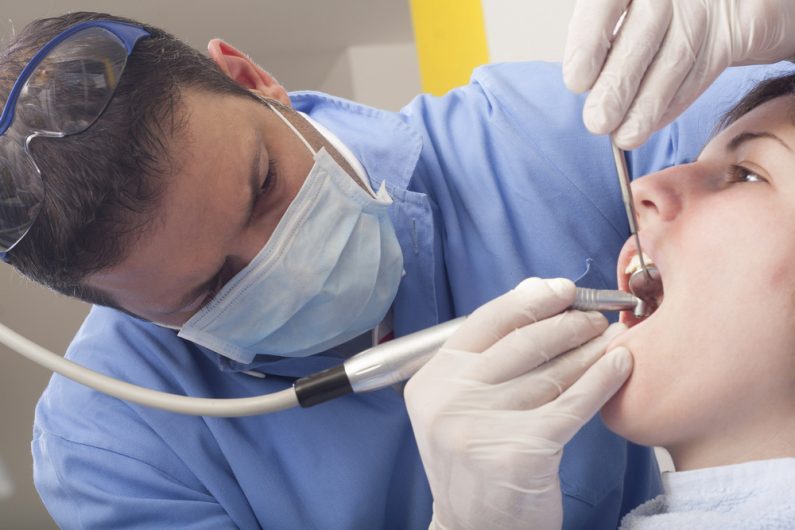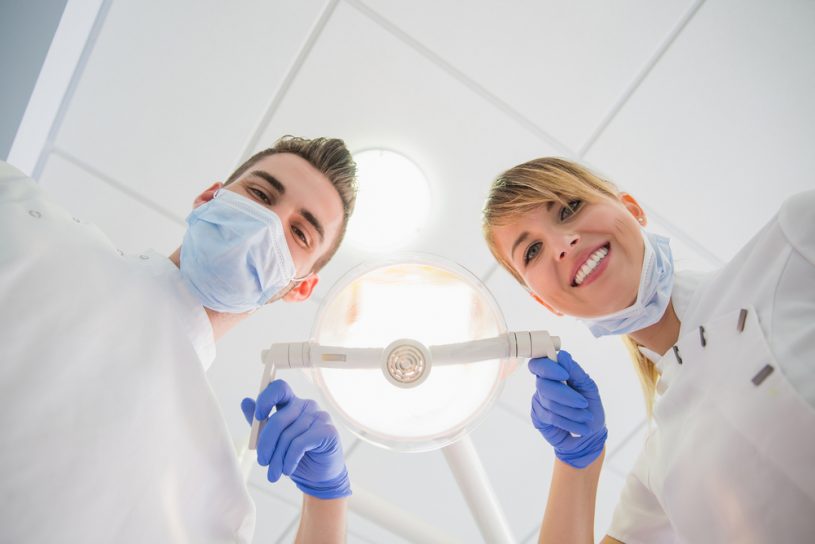What makes for effective communication? Communication is a skill we use every day, whether it’s verbal or non-verbal, we use it. Some are good at it, others not so much, but the beauty of it is it’s a skill we can learn to improve if we set out to do so.
Effective communication is a critical aspect not only in our lives but in our professional lives. In a professional setting, the ability to communicate effectively is a necessary skill to possess and one that employers search for in employees. Working for a company or even being your boss requires you to be effective in communicating, rare is the sole act of working since we have to report or collaborate with others in a project or task.
Benefits of Effective Communication
The benefits of being able to communicate effectively at work go beyond clarification. It benefits us in all aspects of our job whether you are an employee or an employer. Communicating effectively can help us in the following ways:
- Builds and Maintains Relationships
- Builds a Team
- Creates Clarity and Transparency
- Manages Employees
- Creates Resolutions
- Contributes to Growth (as company and individual)
- Promotes Innovation
These benefits can extend to the business of healthcare since we not only deal with our team and employer but with patients. As we know, patients are a crucial part of our business, and if we are to keep serving them, we need to be able to build and maintain long-lasting relationships with them. Serving our patients requires more than just serving their dental needs, we have to be able to create a relationship of trust where there are transparency and clarity. Effective communication plays into effect with the patient experience the patient looks for and wants from their healthcare provider.
We mentioned before it was a skill we need, however, what most don’t know is communication skill is a set of skills necessary to achieve effectiveness. So, what skills should we have to communicate effectively?
Effective Communication Skills Needed
We know communication can be difficult at times, but it is a skill we can improve on over time. However, it helps to know what communication skills we need to see what we can work on. There are five skills we need to have to achieve effectiveness when communicating, and they are:
- Listening Skills – Being an active listener is crucial to being a good communicator. As an active listener, you are taking the time to pay attention to what is being said and asking questions. The idea is to be able to comprehend to be able to respond.
- Non-Verbal Communication – Our body language and gestures are a tell-tale sign of what’s going on with what we say and what we hear. They usually express more than what we verbally say and can be unaware of the messages you send. Non-verbal communications can be eye contact, hand gestures, or even the tone of voice we use, we want to be careful how we use it and aware of other’s non-verbal communication.
- Clarity and Concise – Effective communication begins with saying less, you have to be able to articulate thoughts, ideas, and instructions with clarity and concisely. You don’t want to say too much; otherwise, you ramble. When we ramble, we lose the effect of our message and can either can two things in our listener, confusion or risk of being tuned out.
- Empathy and Open-Mindedness – When we work with others or work with patients, we want to be able to show compassion. Empathy is a critical skill to have because it shows you are listening and respecting the other’s perspective and opinions. Which goes hand-in-hand with being open-minded about the conversation you enter and making it a productive one. Being open-minded means having the ability to be flexible in the conversation you’re in and to be able to listen and comprehend what is being said and what the other person’s views are.
- Feedback – A good communicator will be able to provide and receive feedback. The feedback that is constructive to allow for improvement and recognition where it is due. It can be in the form of emails, phone calls, or weekly status promotes motivations, clarification, and growth.
These are some of the skills we need to begin to become a good communicator. Remember a good communicator gives the opportunity to create room for improvement, motivation, and clarification. It is vital to business and building the patient experience our patients want and the one we want to offer.
How to Improve Communication Skills
If you want to improve your communication skills, you can! There are a couple of ways you can start to improve on your skills, of course, there are plenty more but here are just a few to get you started.
- Start and end with key points – forces you to focus on the aspects which are critical to your conversation, huddle, or presentation. Not to mention it forces you to choose words and points carefully.
- Be a listener – hear what your employees or patients have to say before responding to them. Let them know you are listening to understand before speaking out. It helps avoid interruptions, over talking and disrespecting one another.
- Engage and know your audience – to be effective we want to be able to engage our audience whether it’s through a question or small activity. It helps to know your audience to be able to achieve a reaction from your audience.
Communication is a critical aspect in our lives and the more practice we get with it, the better chances we have at being good communicators. It’s a skill we need when working in business especially when working in healthcare and with patients. We want to be able to create an environment where we are open to express freely and with transparency. What are some of the ways you articulate your thoughts or ideas? Tell us in the comments below.




















